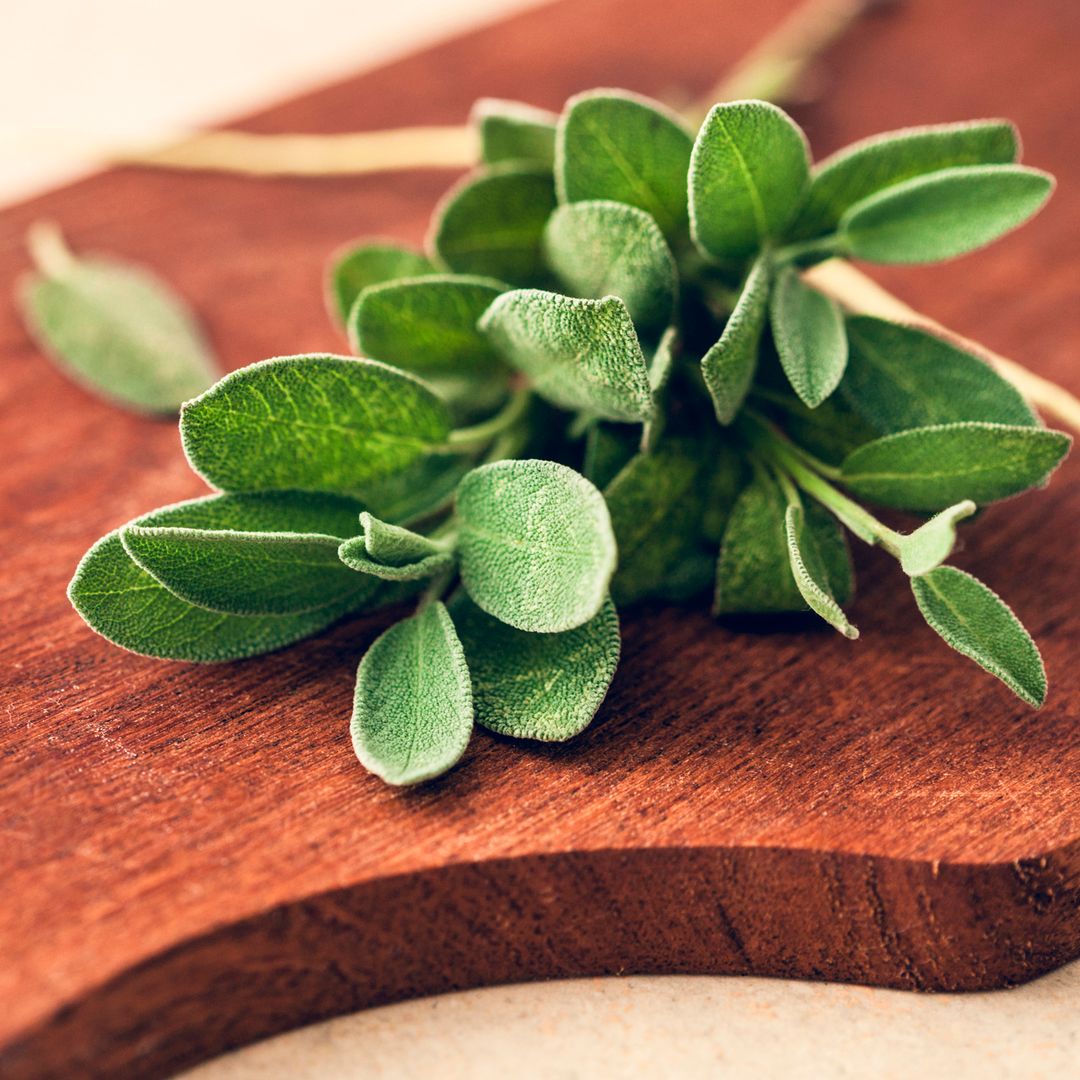On a global mission to redefine self-care, author and podcast host Erica Diamond believes that being disciplined with your daily habits can help to alleviate the perimenopausal overwhelm so many of us suffer with.
"Incorporating simple habits such as box breathing, journaling, and setting boundaries into your daily routine can make a big difference," Erica explains to HELLO! "Even a 20-minute walk can boost your mood and increase your energy as well as support weight management, and strengthen muscles too."
Erica insists that building these seven habits into your daily routine will help to significantly improve your mindset.
Easing anxiety in perimenopause
1. Be mindful in the mini moments
Erica recommends being present during just a few mini moments during your day - such as at your desk or while drinking your coffee - can help alleviate anxiety. "Mindfulness and meditation help us live in the present moment, preventing our minds from dwelling on the past or worrying about the future. This practice is especially valuable during hormonal shifts, helping to manage both physical and emotional challenges."
2. Be active throughout the day
It's no secret that movement boosts your mood and Erica suggests moving as often as possible during the day, even if it's just for a five minute walk to keep the positive vibes flowing.
"Movement releases endorphins, the body's natural mood boosters. Activities such as walking, swimming, biking, dancing, yoga, or strength training can help manage stress, improve sleep, and enhance overall well-being. Consistent, moderate exercise is essential for feeling well during menopause."
3. Focus on your breath
When was the last time you actually thought about how you breathe? Nope, us neither. Erica insists that introducing simple breathing techniques, particularly during moments of anxiety and stress, can really help to control negative thoughts and improve perspective and clarity. "Techniques such as box breathing, which is a deep breathing technique that involves inhaling, holding, exhaling, and holding your breath again in a 4-4-4-4 pattern, can be effective.”
RELATED: Are you a chronic overthinker? Menopause could be to blame!
4. Phone a friend
"Social connection is one of my five pillars of self-care and wellbeing. Engaging with friends, family, or support groups can provide comfort and reassurance, helping you realize that you're not alone in this experience. Laughter and shared experiences are invaluable during perimenopause and menopause."
5. Speak positively to yourself
"Affirmations such as, 'I trust my body and its natural processes' or 'Perimenopause is a natural part of the aging process and I embrace it with grace and compassion,' can shift your mindset. Positive self-talk can rewire your brain to see opportunities in menopausal challenges." Erica also suggests journaling for releasing emotions and clarifying thoughts. "My bestselling journal, List Your Goals Journal, offers a structured approach to goal-setting and emotional release."
RELATED: Why 'pillow self-talk' is key to a happier day
6. Say 'no' more
It's time to stop the people pleasing and focus on what makes you feel happy and positive.
"Boundaries protect your energy. Saying no to draining activities allows you to focus on what truly matters—your health and happiness. Validating your needs and setting boundaries creates space to thrive during this transition."
INSPO: I finally learned to say no at 46 - and it changed my life
Saying no will also help you to avoid overwhelm and lessen anxiety. "Create more white space in your schedule and celebrate small wins. Avoid multitasking, ensure you're hydrated, and reach out for support if needed. Most importantly, practice self-compassion and grace—being kind to yourself is key during menopause and beyond."
7. Finally…get a good night of sleep
"Quality sleep is crucial for emotional regulation and mental clarity,” Erica explains. “Establishing a calming bedtime routine, charging devices outside the bedroom, and maintaining consistent sleep times can improve sleep quality. Limiting caffeine and alcohol also contributes to better sleep."













